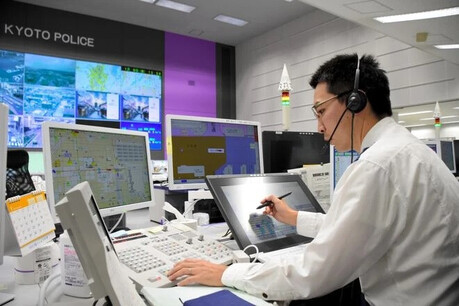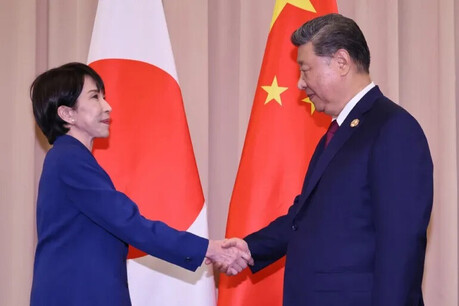
Seoul, South Korea – South Korea's energy public corporations are facing a severe crisis due to the sharp rise in the won-dollar exchange rate. The increased costs associated with importing energy resources, such as liquefied natural gas (LNG) and oil, are putting immense pressure on these state-owned enterprises, which are already grappling with significant debt.
The recent political instability, marked by the impeachment proceedings against the acting president, has triggered a surge in the won-dollar exchange rate, reaching levels not seen since the 2009 global financial crisis. This sharp appreciation of the dollar has significantly increased the cost of energy imports for companies like Korea Gas Corporation and Korea Electric Power Corporation (KEPCO).
"The situation is dire," said an official from an energy public corporation. "Every 10 won increase in the exchange rate results in a substantial loss for these companies. With the exchange rate expected to climb even higher, the government needs to intervene."
These state-owned enterprises have been struggling to pay off their accumulated debt and have been relying on stable global energy prices to ease their financial burden. However, the soaring exchange rate has undermined these efforts.
Korea Gas Corporation, which is responsible for a significant portion of the country's LNG imports, is particularly vulnerable to exchange rate fluctuations. Similarly, KEPCO is facing increased costs due to the higher price of imported energy.
The increased costs are making it difficult for these companies to maintain affordable energy prices for consumers. While raising energy rates would help offset the increased costs, the current political climate and economic conditions make such a move challenging.
Experts warn that if the high exchange rate persists, it could have far-reaching consequences for the South Korean economy. The increased cost of energy could lead to higher inflation and dampen economic growth. Additionally, the financial stability of the energy public corporations could be jeopardized, potentially requiring government bailouts.
To address this crisis, the government needs to take urgent measures to stabilize the exchange rate and reduce the financial burden on energy public corporations. This could include a combination of monetary policy measures, fiscal support, and reforms to the energy sector.
[Copyright (c) Global Economic Times. All Rights Reserved.]





























